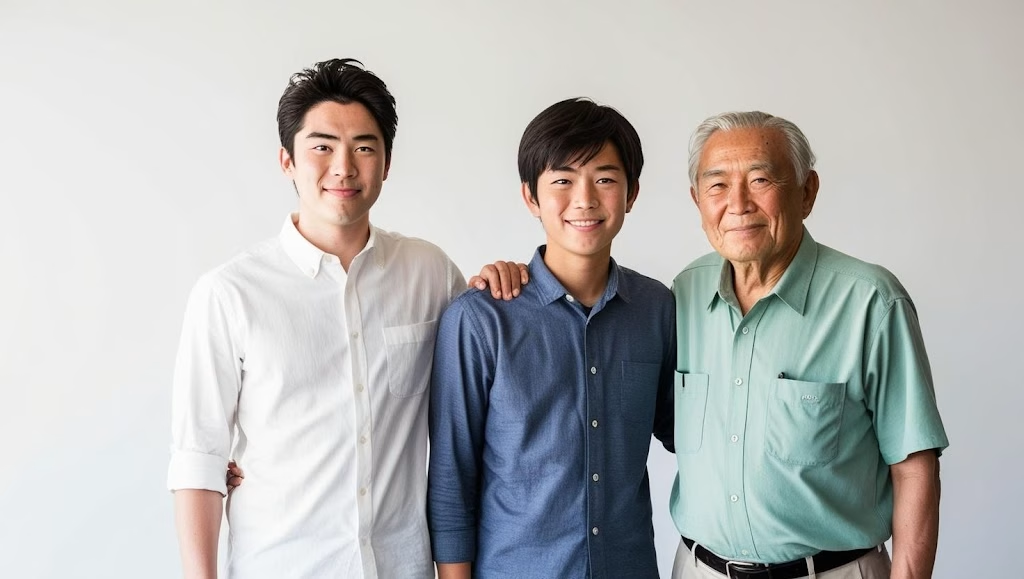The culture of mottainai originating from Japan is one of the traditional values that upholds respect for existing resources. The term itself consists of the words “mottai” which means “dignity” or “sincerity” and “nai,” which means “nothing.” In this context, mottainai reflects an attitude of respect for everything, from material objects to the surrounding environment. In the face of modern challenges such as increasing waste, global warming, and resource crises, mottainai is essential for the development of a sustainable culture and a more conscious lifestyle.
Through awareness of the mottainai culture, Japanese society strives to minimize waste and maximize the use of resources, which includes recycling practices, waste reduction, and creativity in utilizing unused items. Not only that, mottainai also emphasizes values such as simplicity, beauty in use, and gratitude. This article will discuss more deeply about the mottainai culture in Japan, from its history to its implementation in everyday life.
Key Points
Mottainai is a Japanese philosophy that emphasizes the importance of appreciating and not wasting existing resources.
The cultural practice of mottainai is evident in recycling, repairing goods, and managing food waste in everyday life.
Mottainai culture plays an important role in maintaining environmental sustainability and offering practical solutions to global challenges.
Education about mottainai culture begins early in Japanese schools, creating a generation that is more aware of the importance of the environment.
History of Mottainai Culture
According to the website of the Public Relations Office of the Government of Japan, the word Mottainai has been used for about 800 years, and there are various theories about its origins and interpretations. When Kenyan activist Wangari Maathai visited Japan, she asked, ‘Does Japan have a word to express the concept of ‘reduce, reuse, recycle’?’ In Japan, we have the term ‘mottainai,’ and we explained to her the concept and culture,” said Ambo Fumiko, a member of the campaign secretariat.
“Maathai showed strong interest. I think this is because the 3Rs are a very Japanese concept, and the concept of ‘mottainai’ also contains the nuance of the fourth R, which is respect.” After Maathai’s visit, the Mainichi Shimbun launched the MOTTAINAI campaign in 2005 to promote environmental protection and waste reduction.
By partnering with Itochu Corporation and collaborating with Maathai, they sought to spread the concept of MOTTAINAI both domestically and internationally. In 2005, Maathai introduced the concept of “MOTTAINAI” to the world in her speech at the United Nations Headquarters in New York.
Mottainai has become an important part of Japanese education and public awareness of the need to protect the environment. By raising awareness of mottainai, the government and various non-governmental organizations have started to campaign for waste reduction and recycling.

Mottainai Practice in Daily Life
The practice of mottainai can be found in many aspects of Japanese people’s daily lives, from how they manage their waste to how they use their goods. One obvious example is the very strict recycling system in Japanese cities. Japanese people are encouraged to separate their waste into different categories, such as organic, paper, plastic, and glass. This creates awareness of the importance of minimizing waste that goes to landfills.
In addition, many Japanese people also tend to repair broken items instead of throwing them away. For example, many small repair shops offer repair services for everyday items such as shoes, clothes, and electronics. In this way, mottainai promotes efficiency and encourages people to value the things they own more.
Not only goods, the principle of mottainai also pays attention to food consumption. Many Japanese people try not to throw away food, by reprocessing leftovers into new dishes. Restaurants and households utilize every part of the food so that nothing goes to waste.
Mottainai and the Environment
Mottainai also plays an important role in protecting the environment. With increasing awareness of the negative impacts of waste and pollution, many Japanese people are starting to adopt a sustainable lifestyle. Initiatives to reduce plastic waste, increase the use of environmentally friendly materials, and choose more energy-efficient modes of transportation are becoming more widespread.
Thanks to the mottainai system, recycling rates in Japan are very high compared to other countries. Municipal governments and environmental organizations in Japan actively educate the public about the importance of protecting the environment through programs that focus on waste reduction. In addition, many local community initiatives aim to promote simple living practices that reflect the values of mottainai. For example, exchanging used goods or items at local markets helps reduce the habit of buying new items and promotes sustainability.
Mottainai in the Modern World
In this modern era, mottainai culture is not only limited to Japan but has also begun to spread to other countries. With the increasing global awareness of environmental issues, many countries have begun to adopt the principles of mottainai in an effort to create a sustainable society.
Several companies outside Japan have begun to apply the principles of mottainai to their businesses, primarily in an effort to achieve efficiency and reduce environmental impact. Products with designs that are easy to repair and can be reused are gaining popularity, in line with the trend of sustainable consumption. Thanks to technology, the concept of mottainai is being translated into digital practices such as reducing paper use and distributing digital goods, which are increasingly popular among today's younger generation.
The influence of mottainai culture is also seen in global movements such as Zero Waste, where communities around the world strive to reduce waste and support sustainable resource management.
Mottainai Pedagogy in Schools
One way to maintain the mottainai culture in Japan is through education. Schools in Japan pay great attention to the importance of introducing the concept of mottainai to the younger generation. Children are taught to appreciate every object, understand the value of recycling, and implement sustainable living practices from an early age.
In many schools, mottainai activities are part of the curriculum. Students do recycling projects, learn about waste management, and get involved in planting plants. In doing so, they gain practical experience that can shape their mindset to value resources.
Teachers also play an important role in assisting students to formulate mottainai values through discussion and reflection. Through fun and experiential learning, students can grow into individuals who are environmentally conscious and responsible for the use of resources.
The awareness of mottainai in these schools not only impacts the students, but also their families at home. Every value taught in school will be brought home and started to be applied in the family environment.
Mottainai as a Sustainable Culture
In a global context that increasingly emphasizes the principle of sustainability, mottainai plays a key role in shaping people's mindsets about resource use. Mottainai is not just a traditional value, but also a practical solution to the environmental challenges facing the world today.
By implementing mottainai values in every aspect of life, society can significantly reduce the negative impact on the environment. In line with that, sustainable consumption patterns will support economic, social, and environmental sustainability.
Other countries can learn from Japan on how to cultivate and implement mottainai. Adopting this principle in the future will be one of the important steps in maintaining the balance of the ecosystem and ensuring that existing resources can be enjoyed by future generations.
Conclusion
The culture of mottainai in Japan is not just an expression, but a philosophy of life that encourages people to not only appreciate but also preserve resources. From its rich history to its widespread application in everyday life, mottainai serves as a valuable lesson for addressing the global challenges we face today. By internalizing the values of mottainai, it is hoped that we can minimize waste and start living more consciously, environmentally friendly, and responsibly towards our world.
FAQ (Frequently Asked Questions)
What is mottainai?
Mottainai is a Japanese term that refers to the attitude of respecting resources and avoiding waste.
How is the practice of mottainai applied in everyday life?
The practice of mottainai can be seen through recycling waste, repairing broken items, and minimizing food waste.
What are the benefits of mottainai culture?
Mottainai helps reduce environmental impact, creates awareness of the importance of resources, and encourages sustainable living.
How is education about mottainai implemented in Japanese schools?
Schools in Japan teach students about the concept of mottainai through practical projects, discussions, and experiential learning.

















